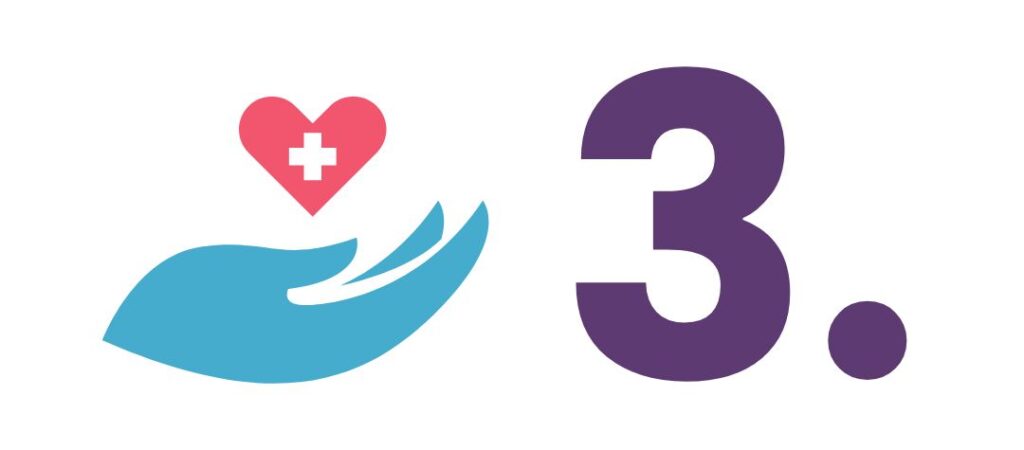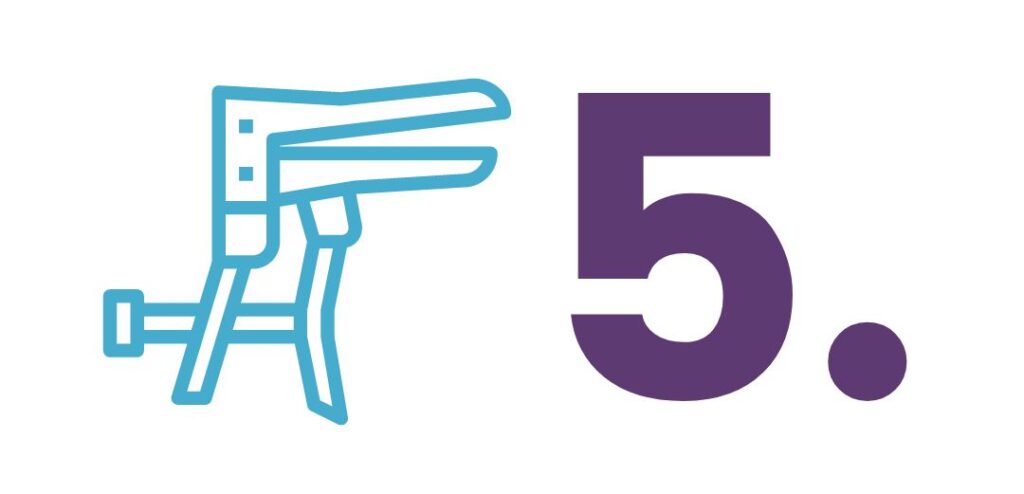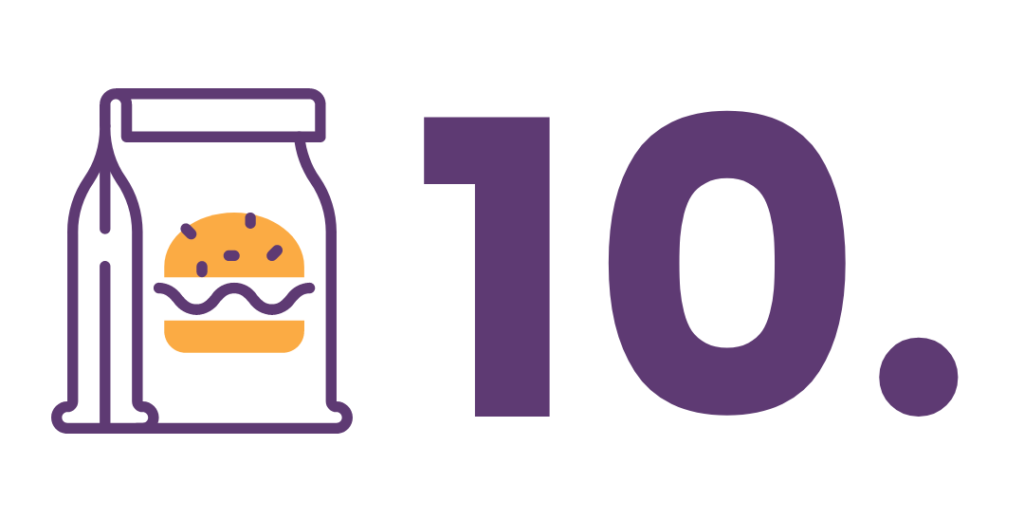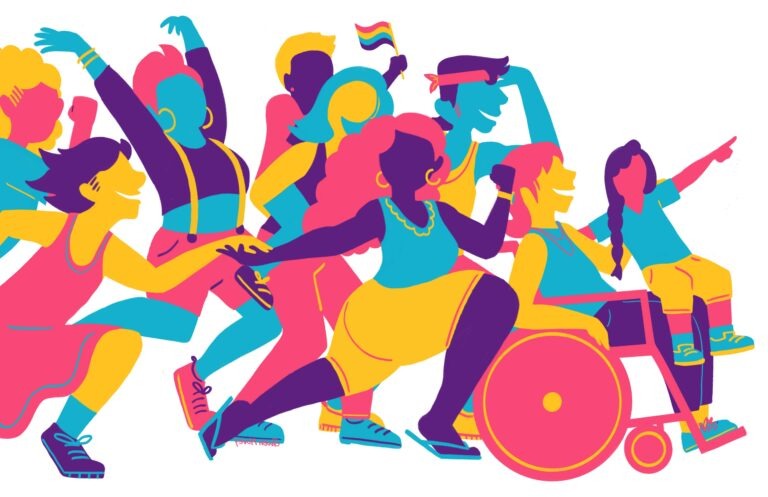
Part-Time Finance and Administration Officer Job Posting
Part-Time Finance and Administration Officer Application deadline – July 15, 2025 Location: Remote Job Description: Part-Time Finance and Administration Officer It Gets Better Canada (IGBC)
Periods, cervical exams, and trips to the OBGYN can be very triggering for a lot of people for a plethora of reasons. These experiences can be especially triggering for those with a period that aren’t women (some nonbinary folks, trans-men, intersex people and 2Spirit people).

Book a double appointment slot at the doctors
When it comes to talking to doctors about your uterine/menstrual health as a 2SLGBTQ+ person, it can be helpful to ask for extra time when booking with the receptionist. This way you aren’t rushed if you need to take things slow, take a break, or write down any notes.

Bring a buddy!
If it makes you feel more comfortable, bring a support person with you to your appointment. Sometimes anxiety and stress around gender dysphoria at the doctor can make it hard to remember what we wanted to talk about. Bringing a support person to remind you of what you need to talk about, take notes for you, and advocate for you, can make it a more comfortable experience.

Finding 2SLGBTQ+ informed health providers
While it should be standard, unfortunately not all health providers utilize inclusive languages and practices. Talk to other queer folks in your community about known doctors and providers that ensure safety of 2SLGBTQ+ people or inquire at your local health unit for referrals.

Wearing big, comfy, socks and clothing
When it comes to having below the waist exams, wearing extra clothing that you can keep on during the exam may help alleviate a bit of anxiety. Big, fuzzy socks can help soothe your brain by feeling partially covered on the lower half. If you’re someone that feels comfortable wearing a dress or skirt, this can also help you feel more covered at an exam where pants would need to be removed.

Inserting speculums/ultrasound wands yourself
If you’re at the doctor having a cervical exam done or internal ultrasound, you can ask to insert the instrument yourself. This helps some people by adding the element of self-control into the experience

Reposition yourself on the exam table
Know that you have positioning options when you’re getting an exam below the waist done. If laying on your back is triggering for you, ask about laying on your side. Most doctors can accommodate this alternate positioning, and it may lead to a better experience.

Wearing period boxers
Whether it’s for your period or potential spotting after a doctor’s visit, having boxer style period underwear can alleviate some of the dysphoria surrounding periods. They often hold more than a traditional tampon would, usually come in black so you don’t have to see menstrual fluid, and can keep a feeling of normalcy if you usually prefer wearing full coverage undergarments.

Stopping your period altogether
If periods are very triggering for you, it may be worth it to discuss options to stop your menstrual cycle with your doctor. Options can include minimally invasive routes like certain types/methods of birth control or may include options such as hormone replacement therapy.

Have a friend do your shopping
If going down the period care isle is difficult for you, ask a trusted friend to pick up the products you need. Your wellbeing and safety come first, and if you have someone in your life who is comfortable shopping for these products, they’ll be more than happy to help.

Create something to look forward to
Whether it’s coffee with a friend, ordering your favourite meal for dinner, or letting yourself sleep in an extra hour, give yourself something to look forward to for getting through the hard experiences of gender dysphoria.
*All content and media on the It Gets Better Canada Website is created and published online for informational purposes only. It is not intended to be a substitute for professional medical advice and should not be relied on as health or personal advice.
Vic Alexander (they/she) is a Reproductive Health Educator, Period Coach, Writer and Creator of Feminist Goods, and the human behind The Elephant in the Womb! You can often find them on the internet talking about gender & periods, writing educational blog pieces for brands, and creating feminist jewelry & sweaters in their shops.

It Gets Better Canada is committed to connecting Canada’s 2SLGBTQ+ youth to a better future
Help us uplift, empower, and connect today’s youth across Canada today!
Your donation is eligible for a charitable tax receipt
Support the Movement

Part-Time Finance and Administration Officer Application deadline – July 15, 2025 Location: Remote Job Description: Part-Time Finance and Administration Officer It Gets Better Canada (IGBC)

About the day The International Day Against Homophobia, Transphobia and Biphobia is observed annually on May 17th. This day was created to raise awareness and

Dear Queer, So… I think I may have unknowingly written myself into the plot of a messy queer romance novel. I (24F) recently started casually

Dear Queer, Lately, I’ve been questioning my sexuality because I think I might be aromantic. I’ve never really felt romantic attraction, but I have deep,

It Gets Better Canada is proud to receive over $1.5 million in federal funding It Gets Better Canada is proud to announce that we have

